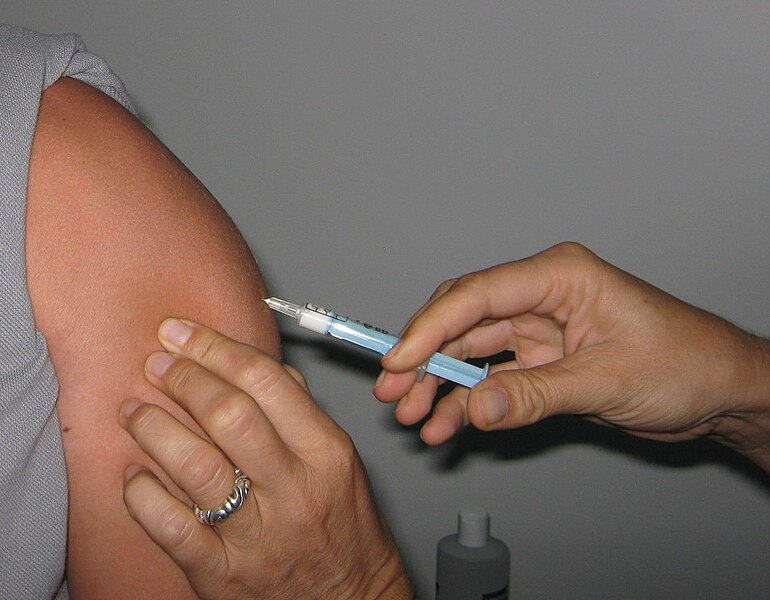Gel vaccines may be more effective than currently used liquids
Date: 16.9.2020
Some vaccines aren't very effective, which is due at least partially to the amount of time that they're active within the body. A new injectable hydrogel, however, could allow them to act for a longer period of time, making them more potent.
 Typically, however, the body is exposed to the antigens in liquid vaccines for just one to two days. By contrast, in the event of an actual infection by a live virus, the antigen exposure period is more in the order of two to three weeks. This gives the immune system a longer time to produce antibodies, so it ends up making more of them.
Typically, however, the body is exposed to the antigens in liquid vaccines for just one to two days. By contrast, in the event of an actual infection by a live virus, the antigen exposure period is more in the order of two to three weeks. This gives the immune system a longer time to produce antibodies, so it ends up making more of them.
With that in mind, a team of scientists from Stanford University created an experimental hydrogel containing nanoparticles of a biocompatible polymer. That gel was then mixed with viral antigens, along with an adjuvant – the latter is another key ingredient of vaccines, which helps stimulate the immune system into action.
When the mixture was injected under the skin of lab mice, it produced an inflamed area that attracted immune cells while also releasing the antigens and adjuvant over a period of several days.
This resulted in the mice producing a greater number of antibodies over a longer time, as compared to a control group of traditionally vaccinated mice. What's more, the antibodies produced by the first group had an approximately 1,000-fold higher affinity for the antigens, meaning they would be that much more successful at targeting them.























